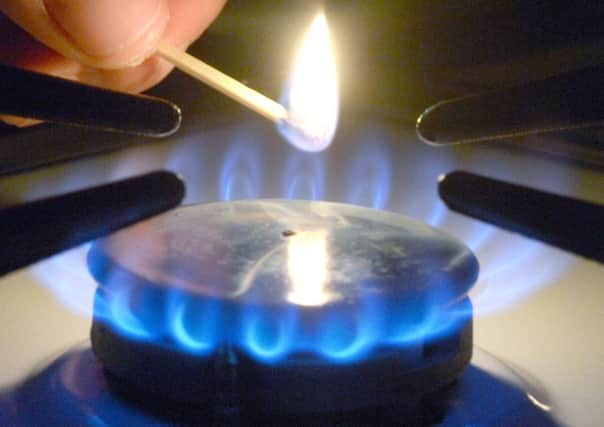Leader comment: Electric shock is hard to justify


But energy suppliers buy wholesale energy up to two years in advance, so there should be no Brexit factor in any rise in energy prices, which makes NPower’s decision to introduce one of the largest price rises for years even more mystifying.
Its decision to raise standard tariff electricity prices by 15 per cent from 16 March, and gas prices by 4.8 per cent means the average user faces paying an extra £109 a year, which the government has declared “shocking”.
Advertisement
Hide AdAdvertisement
Hide AdThe energy regulator, Ofgem, says on its website: “We look to ensure that the prices consumers pay represent value for money. We achieve this through the setting of revenue controls and incentives for the energy companies”
Yesterday it said that it could not see any case for significant price increases and that NPower would have to justify them to its customers. That would suggest that it believes it has failed in the steps it has in place to ensure value for money for consumers.
Now in Npower’s defence half of its customers are on fixed rates and will not be affected, this is the first price rise in three years, and company directors must be free to act in what they think are the best interests of the company as long as it meets regulatory rules. And customers can always vote with their feet and switch supplier. But perhaps if costly regulation is proving ineffective, that may be where costs savings could be found to the benefit of the consumer.